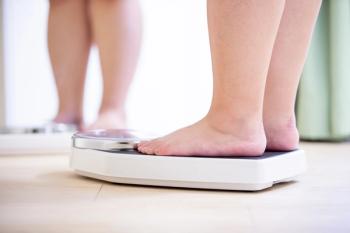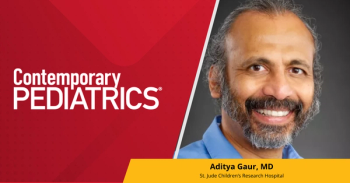
Can sports mitigate antisocial behavior?
Participation in high school sports may curb persistent antisocial behavior. Investigators assessed almost 1000 boys and girls aged younger than 15 years for the presence of conduct disorder (CD) and questioned them about their involvement in sports and other extracurricular activities.
Participation in high school sports may curb persistent antisocial behavior. Investigators assessed almost 1000 boys and girls aged younger than 15 years for conduct disorder (CD) and questioned them about their involvement in sports and other extracurricular activities. They evaluated these same persons for adult antisocial behavior (AAB) at a median age of 22 years. Those with CD who had been involved in sports were far less likely to have symptoms of AAB as young adults than those who had not. Other extracurricular activities did not moderate the relationship between CD and AAB (
Ms Freedman is a freelance medical editor and writer in New Jersey. She has nothing to disclose in regard to affiliations with or financial interests in any organizations that may have an interest in any part of this article.
Newsletter
Access practical, evidence-based guidance to support better care for our youngest patients. Join our email list for the latest clinical updates.








